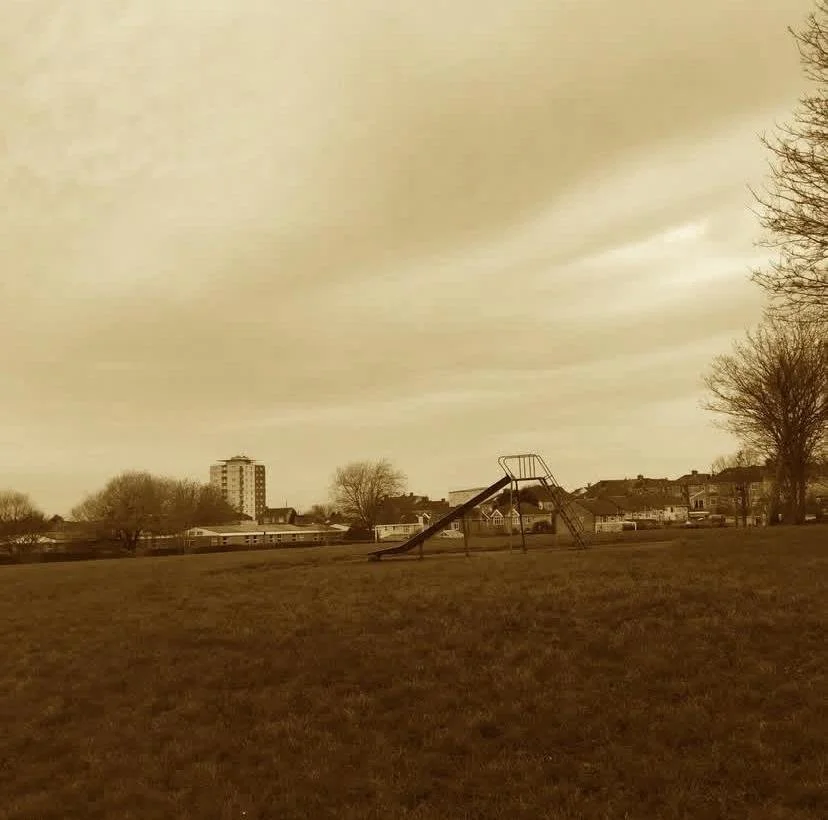
About
Why NEST?
At the heart of NEST is a belief in the value of curiosity – not to chase certainty, but open a space for reflection.
This approach has shaped my own life, serving as both a refuge and a guide through moments of profound change. Holding this questioning stance during difficult times has opened pathways towards transformation, whether in dreams, clinical analysis, or through wrestling with the dynamic, often painful relationship to loss and lack.
This passion for holding complexity in suspension, which unfortunately is missing from many modern mental health discussions, approaches and services – feels essential not only to my own process but to the therapeutic encounter. At the heart of this work is a careful attention to the subtle expressions of unconscious life, which I find endlessly compelling and motivating.
NEST was founded in response to a cultural drift towards certainty, diagnosis and therapeutic quick fixes. So much of what is on offer today bypasses the deeper textures of the psyche – the contradictions, resistances, silences. NEST was created to offer an alternative: a practice attuned to unconscious life and to the value of staying with what doesn’t immediately make sense — even when it’s uncomfortable.

Mission/Ethos
NEST is committed to making psychotherapy more accessible.
We honour this commitment by offering a limited number of low-cost spaces each week, recognising that meaningful support must be financially reachable. Looking ahead, our aim is to grow a charitable arm that expands access to psychoanalytic work — offering it to those often excluded, without diluting its depth or integrity.
About me
Amy is a Psychoanalytic Psychotherapist and the founder of NEST. She lives and works between rural Ireland and the digital space.
My postgraduate training was completed at the University of Oxford, where my research examined how psychotherapy approaches questions of existential meaning. This line of enquiry continues to shape my practice, alongside my ongoing engagement with Lacanian literature. My work is informed by more than a decade of experience in therapeutic roles – across NHS crisis services, universities, addiction facilities and rape crisis centres – where I have worked closely with the kinds of suffering that you don’t easily reduce to a diagnosis or fit inside a treatment plan. I’m drawn to the places in speech where something unresolved or enigmatic emerges, without rushing towards sense.


